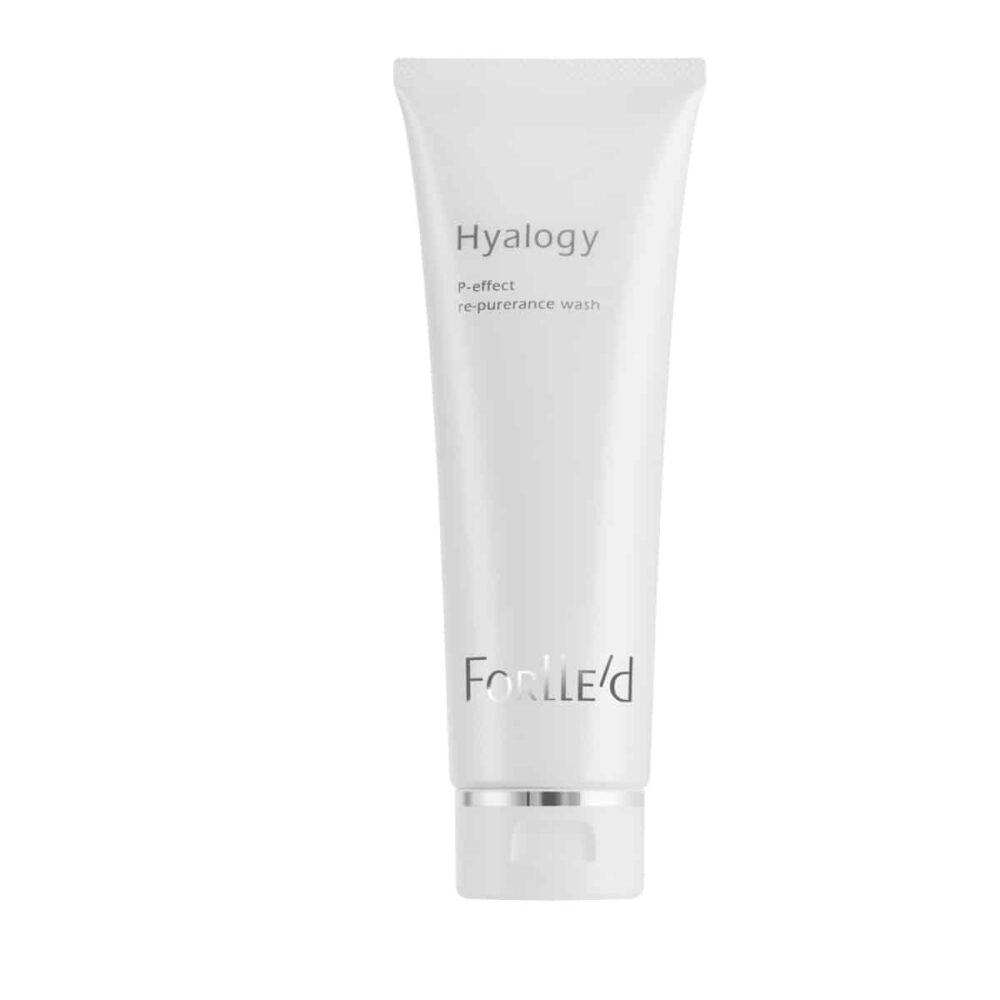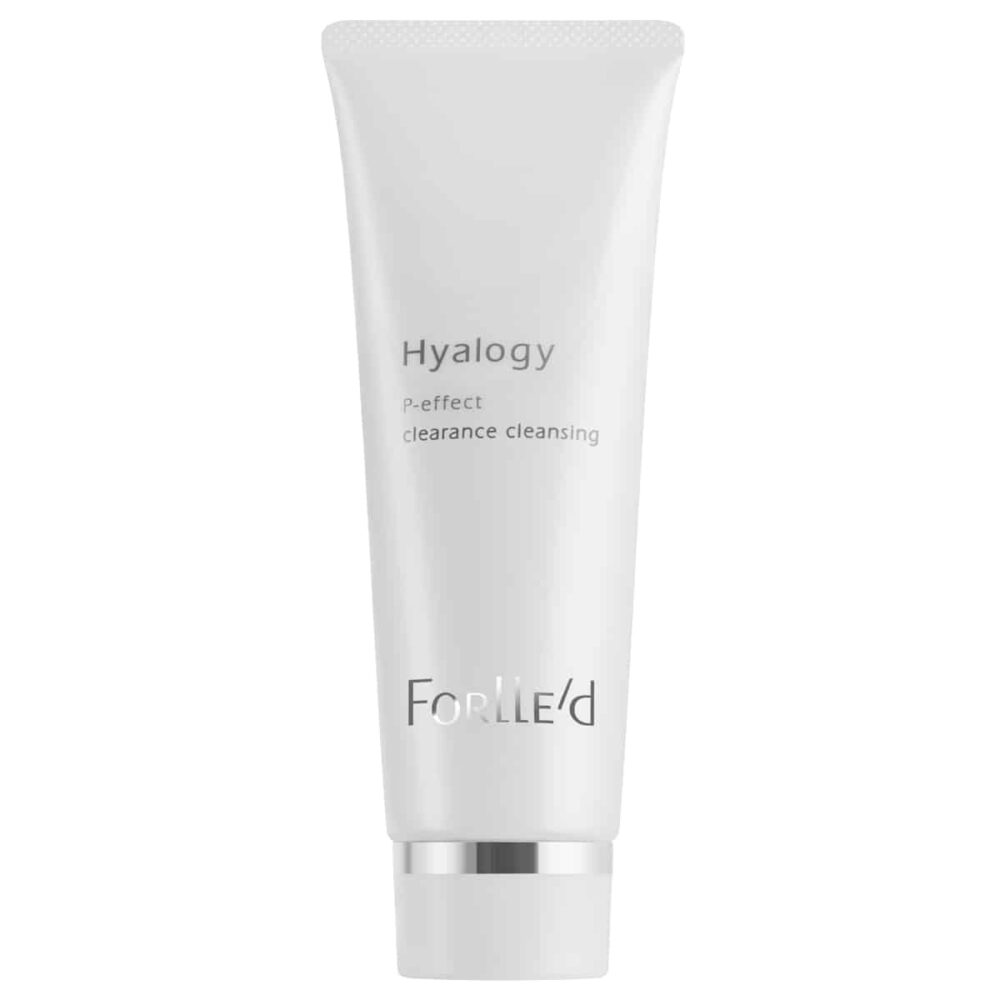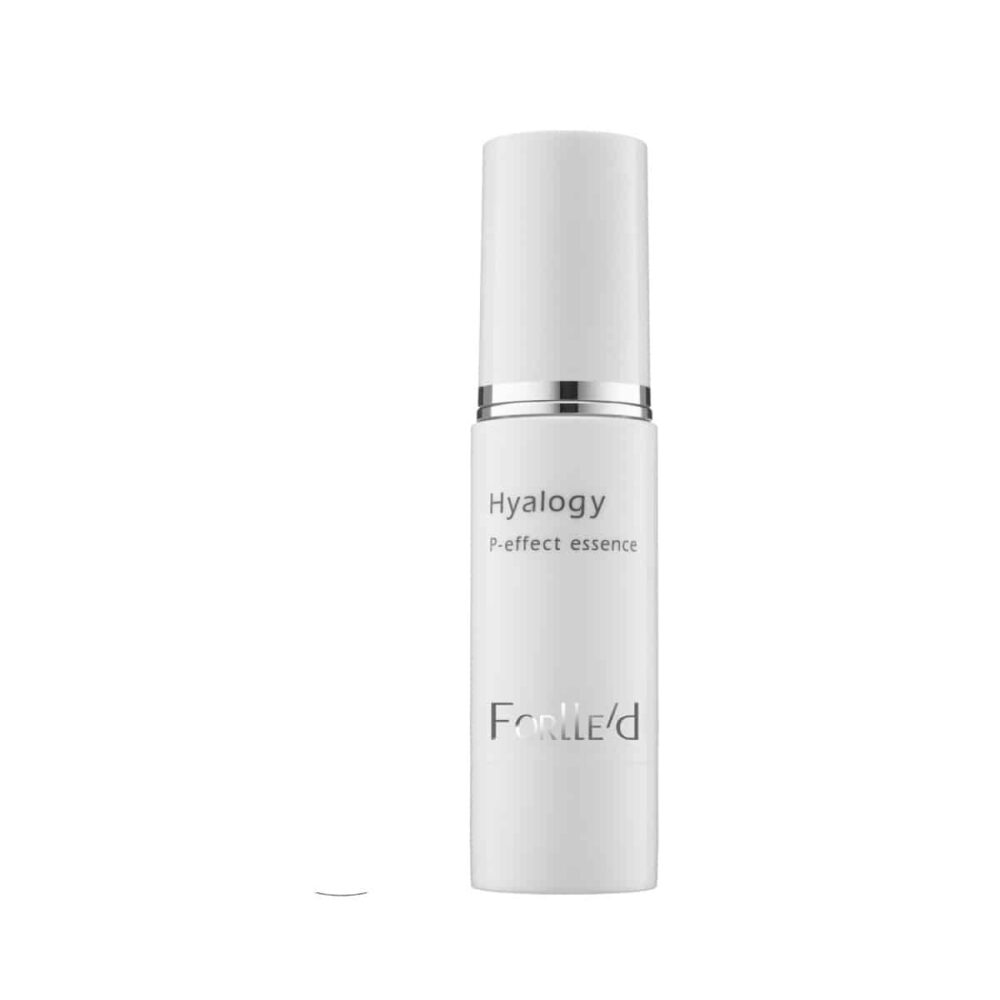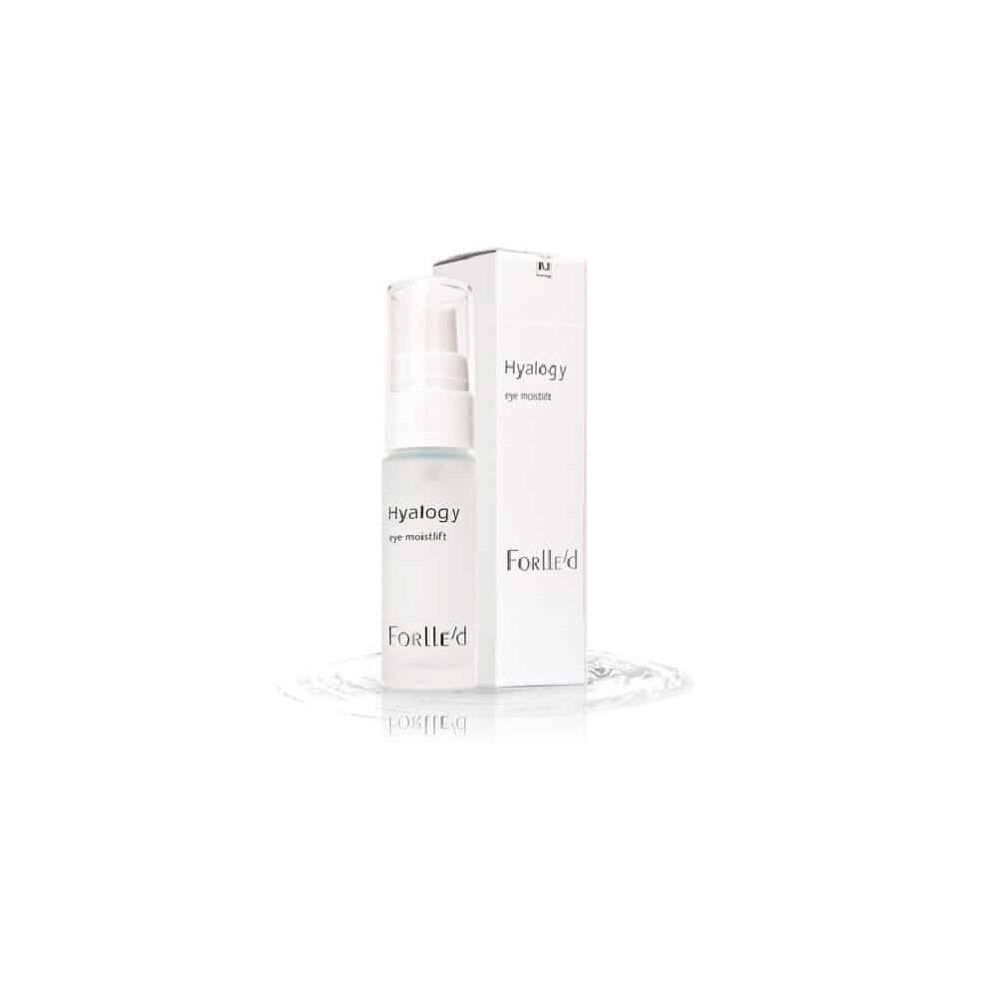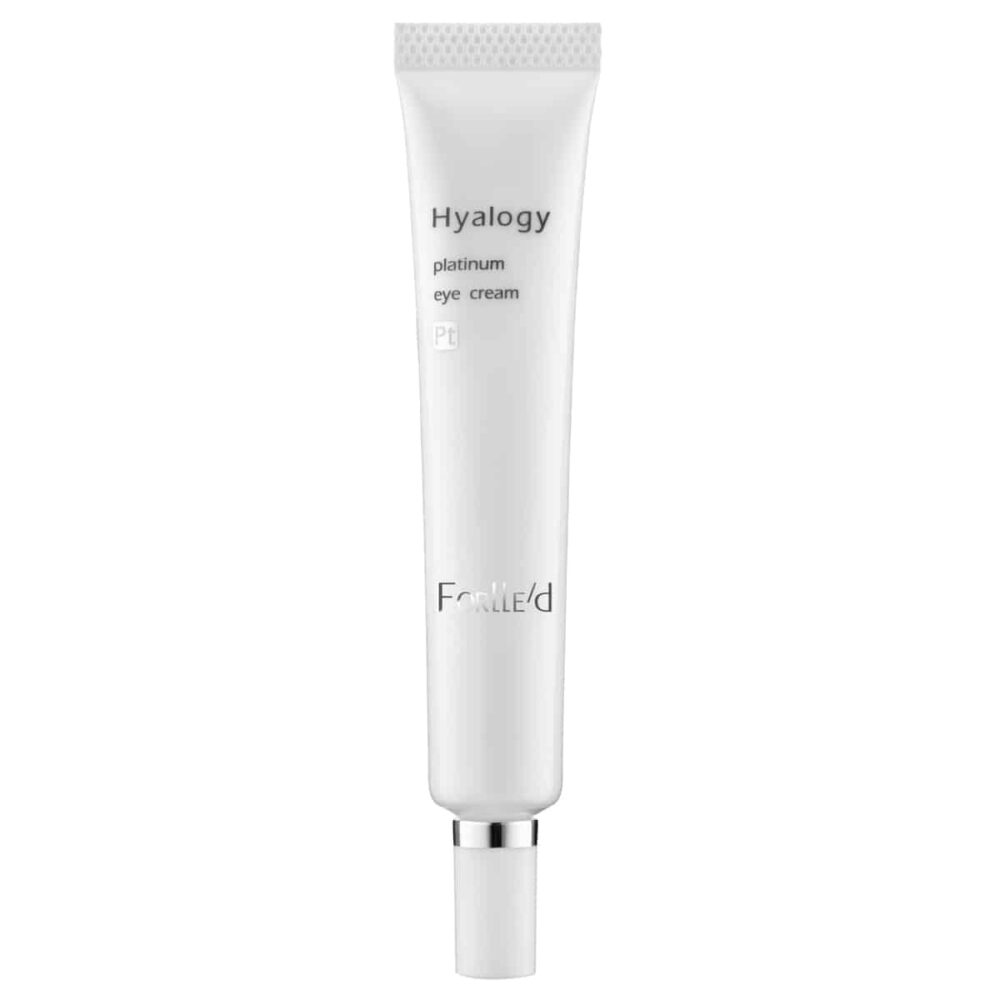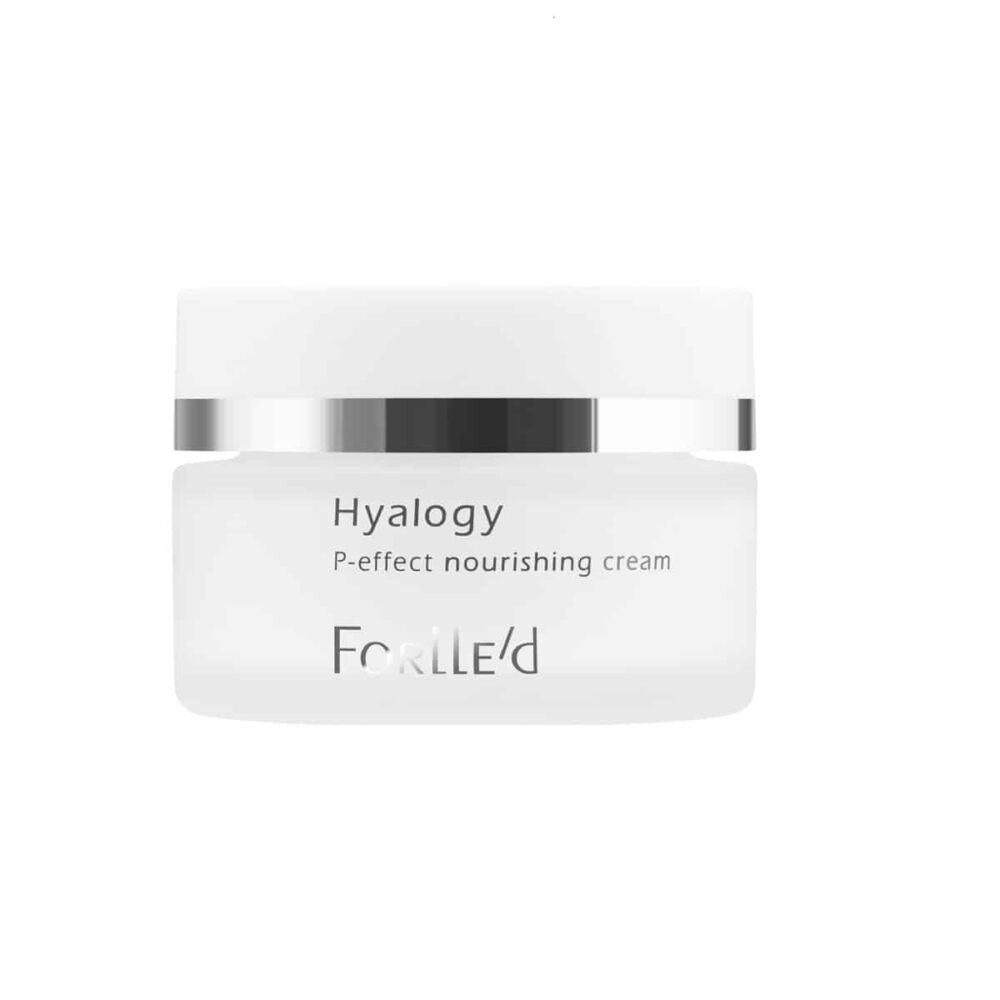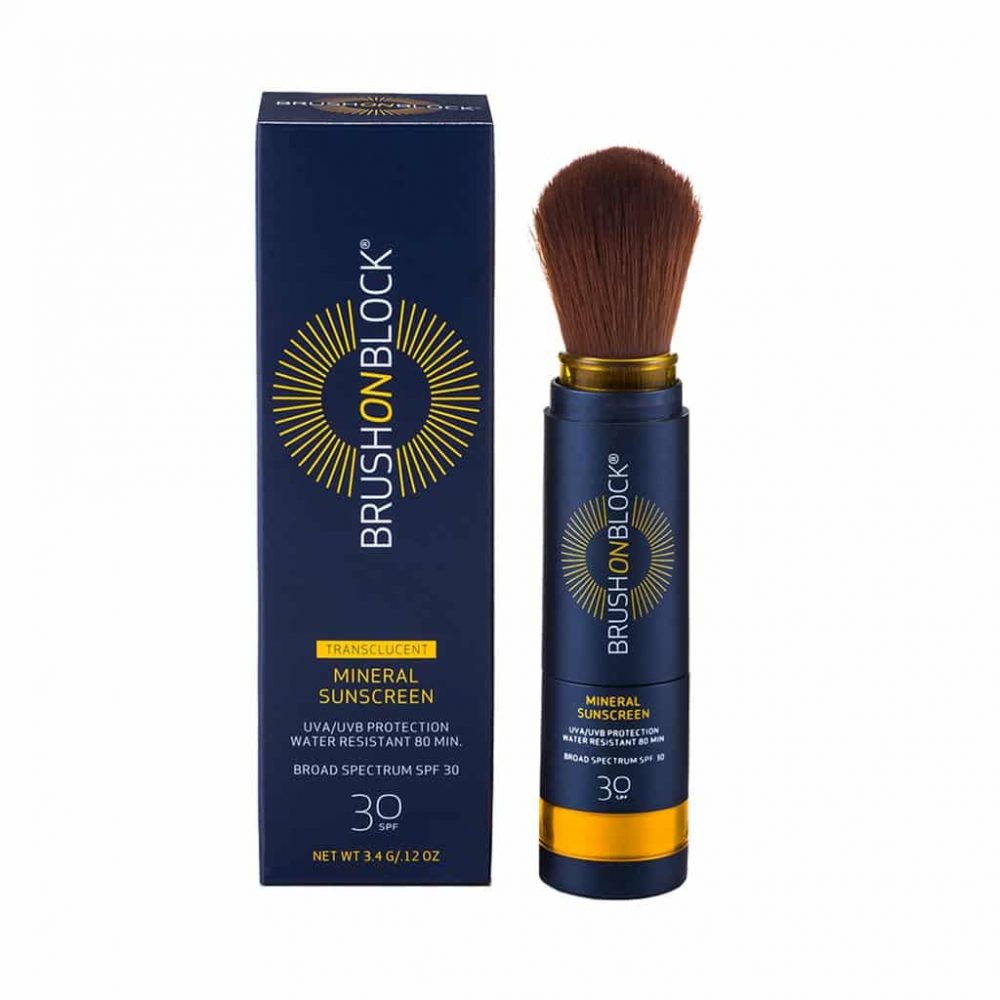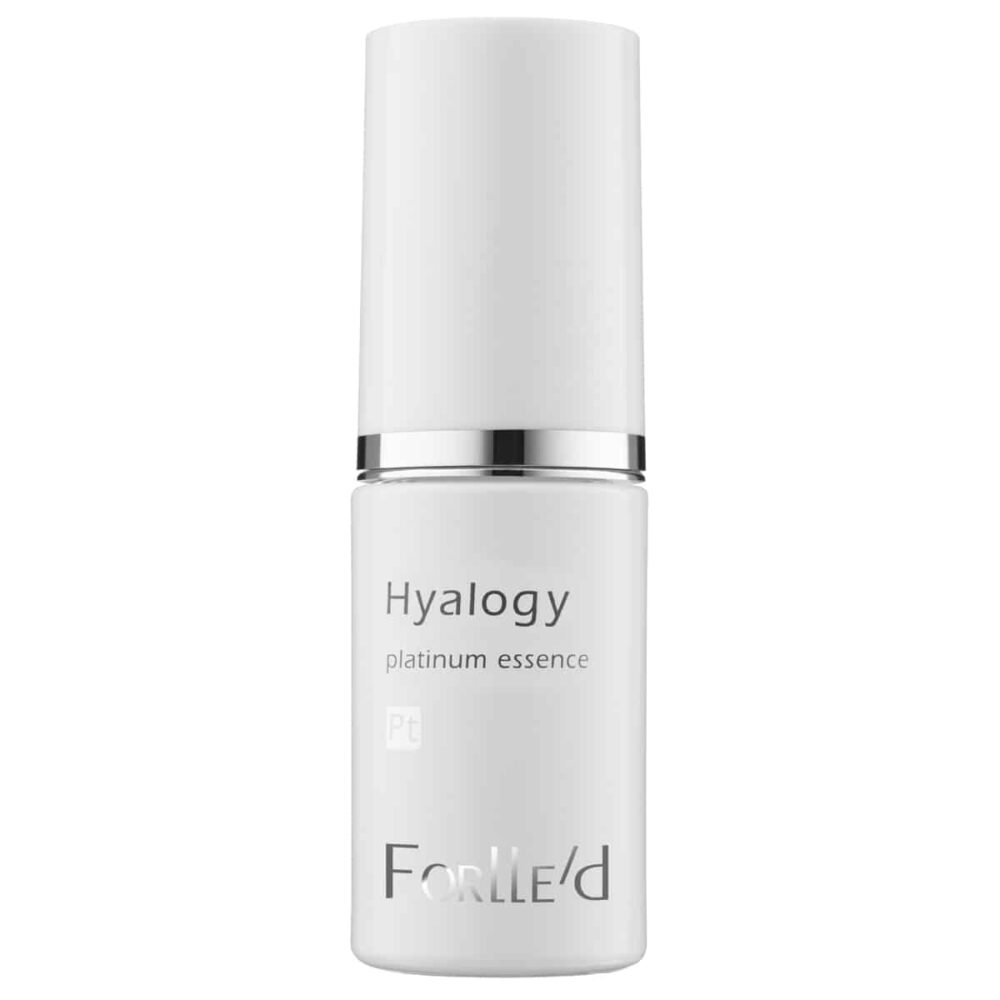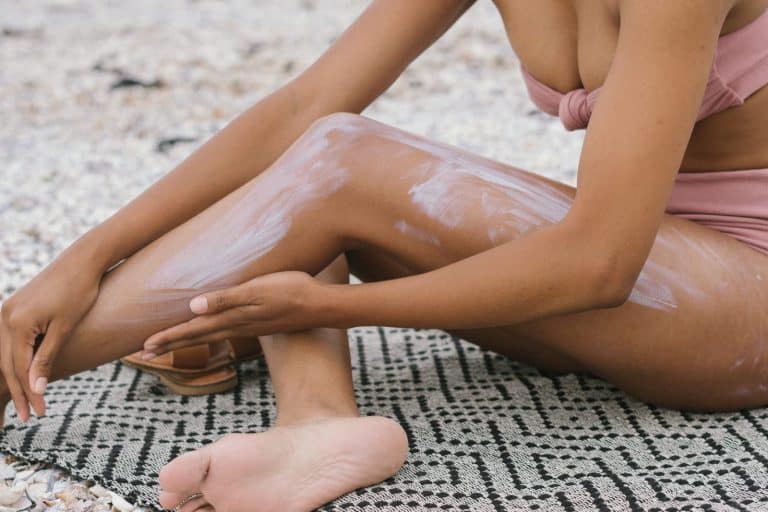Is it necessary to adjust your skin care in winter?
When the temperature drops, we wrap ourselves in thick coats, boots, and scarves to protect ourselves from winter, but our faces are not protected from winter's harsh influences. Special winter skin care is crucial to give your face some extra care, as it is the only part of our body that is almost constantly exposed to the weather. That is why it is so important to have a good winter care routine.
Depending on your skin type, certain seasons and climates may work better for you. For example, if you have dry skin, your skin prefers a humid climate over a dry climate. However, almost all skin types have a harder time in winter, requiring a winter skincare plan.
Think about it: both the temperature and the humidity drop, both of which negatively affect your skin.
In the Netherlands we usually have to deal with dramatic weather in winter such as strong winds and temperatures around or below freezing point and your face has to endure this every day. Your face is influenced by these environmental factors every day. This includes not only everyday weather and climate conditions but also pollution, environmental toxins, and even man-made living environments such as air conditioning and central heating. So when the seasons change, your skin notices, as your face is in direct contact with these environmental factors.
While it's always tempting to turn up the water temperature in winter, hot showers and baths can be very drying. Try turning it down a bit so you don't damage your skin as quickly. Avoid washing your face with water of the same temperature as the water in the shower - make sure to cleanse your face with lukewarm/cold water so that your skin doesn't become red or irritated. This is true all year round, not just in winter.
What happens to your skin in the winter
In winter, the moisture barrier, also known as the Stratum Corneum or the skin barrier, is extremely fragile and prone to damage. This is due to the lack of humidity. When the humidity is low, the skin is at risk of becoming dehydrated because there is no moisture in the atmosphere for the skin to cling to.
Dryness and dehydration are among the biggest problems when it comes to winter skin, which makes sense since low humidity dries out the skin. In combination with the cold temperatures, which affect the skin's surface, winter skin becomes a problem.
Winter skin problems
Just like you have oilier skin in the summer, you can get skin complaints in the winter when it gets colder and drier. So that's no coincidence.
Are you familiar with any of the following problems in the colder winter months?
- Dryness
- dehydration
- cracks
- Ignition
- Itching
- Redness
- Sensitivity
- Tightness
These are some of the major skin problems that occur in winter. While you can experience some of these problems year round, they are especially problematic during the harsh winter months.
When you're outside in the harsh winter conditions, your skin is exposed to frigid temperatures and virtually no moisture is available to replenish the lost moisture. To make matters worse is there more air pollution in winter, reducing the risk of free radical damage and premature aging increases.
If all this doesn't sound so great in the new year, don't worry. Good winter skin care can tackle all the skin problems you want to prevent.
The winter skincare your skin is begging for
You've probably mastered your regular skincare routine down to the last detail, and that's good news for your skin. To keep up the momentum, make a few adjustments to accommodate your skin's winter needs.
In just 7 steps, you can implement a hydrating and protective winter skincare routine:
1. Give your skin extra attention with a winter facial treatment
Fortunately, winter facials are also available to keep your skin looking and feeling young and healthy all winter long! Dry winter skin is no fun and our tailor-made facial treatments help your skin to recover and combat your winter complaints.
- Facials for recovery, moisture and rehydration of the skin
While the icy outdoor air bites your skin, the warm indoor air sucks the moisture completely out of your skin. Even if you moisturize daily, this combination can kill your skin, leaving it dehydrated and even flaky. With the Mesotherapy treatment we can inject hyaluronic acid deep into the skin in Amsterdam. You get a real hydration boost. Combine it with the Collagen Booster for the best anti-aging results. Are you not afraid of needles, then Microneedling a very good alternative. Fortunately, we work with the latest Microneedling technique, which makes the treatment virtually painless. - Brighten the complexion through peels
A facial with a pH formula peeling helps to revitalize that gray winter skin and even out any discolouration or pigmentation. In addition, with these peels we can also work on skin aging, pigmentation, chronic redness and restore the moisture balance.
2. Swap your drying cleanser for a hydrating cleanser
Water-based cleansers are great for oily skin, but in winter your skin needs all the moisture available because there is no moisture in the air. Now is the best time to step on a cleansing oil, which will help restore the skin's natural oils while removing impurities. If you have oily skin and are concerned that this is too much for you, try a gel cleanser, which uses both water and oil ingredients to cleanse the skin without stripping the moisture.
The best moisturizing and soothing cleansers for winter
3. Exfoliate your face in the winter!
The winter grooming routine would not be complete without regular exfoliation. Because the skin barrier works more slowly in winter, dead skin cells accumulate earlier. This gives your skin the dry, flaky appearance that is so notorious in winter. An exfoliator or peel is a good way to gently exfoliate a few times a week to remove winter skin build-up. If your skin is especially flaky, use an exfoliator with fruit acids, such as AHAs and BHAs, for smooth and soft skin in winter.
Exfoliators that you can use well in the winter
4. Hydrate the skin extra with a serum in winter
Applying a nourishing and hydrating serum before finishing with a moisturizer has become a winter care step not to be missed. Using a serum before your cream is a great way to add extra moisture and key ingredients, plus your skin will soak up whatever it can get in the winter. If you have naturally dry skin or are concerned that you're on the verge of dehydrated skin, you can upgrade your serum to a facial oil. Plus, serums are packed with vitamins, antioxidants, botanicals, and other nourishing and moisturizing ingredients that will boost your winter skincare routine.
Hydrate, hydrate and hydrate again with these serums
5. Give your eyes the essential eye creame
As you probably know, the skin around your eyes is very thin. In winter, this part of the face suffers even more from the harsh winter conditions. If you don't normally use eye cream, winter is the time to do so. An eye cream not only minimizes dark circles and bags under the eyes, but also prevents aging and protects against crow's feet. Look for eye creams with peptides, ceramides, and hyaluronic acid.
Don't forget to take care of your eyes and prevent dryness lines such as crow's feet
6. Moisturize with a moisturizing face cream
Winter is the time when your skin needs a little extra of everything: hydration, hydration, protection, and nourishment. In general, the skin needs repair. Winter gnaws at the surface, causing a buildup of dead skin cells and causing discomfort from dryness to redness, so skin needs some relief. That's where a good moisturizer comes in. You've probably heard that you should use extra heavy cream in the winter. That may be true for some people, but pay more attention to the ingredients than the heaviness. Look for face creams that contain ingredients that winter skin needs: Hyaluronic Acid, Ceramides, Jojoba Oil, and Shea Butter to name a few.
The best moisturizing and soothing winter creams
7. Protect your skin from UV rays and free radicals
Even when the sun isn't shining strongly, a safe sunscreen is an effective way to protect against radiation and free radical damage. This one step is an important step to prevent premature aging. Even when the sun isn't shining, the harmful UV rays reach your face. UV radiation even goes through a thick cloud cover to damage your skin. An SPF every day is therefore a must in winter.
SPF is also very important in winter to protect your skin
8. Blue light protection
As we spend more and more time in front of screens – be they laptops, computers, smartphones or TVs – there is even more potential for overexposure to the blue light emitted by these devices. Blue light can disrupt the balance in your skin and generate more free radicals, which cause oxidative damage in the skin. The antidote to this is antioxidants. Vitamin C and Platinum are anti-oxidants that protect the skin. It also improves your skin's clarity and provides powerful protection against aging damage caused by blue light transmission. What's not great about it?
The best protection for your skin
The essence of winter care for your skin
Winter isn't everyone's favorite season, and it probably isn't your skin's favorite season either. But that doesn't mean winter has to wreak havoc on you or your skin. Make the most of the cold weather with a hydrating and protective winter skincare routine.
The wintery skin problems that arise when it gets colder are your skin's way of telling you that something is wrong. Try to get those symptoms under control with intensive winter care or prevent them with a winter action plan.
We are happy to advise you to get through the winter without damage!
The best moisturizing and soothing cleansers for winter


